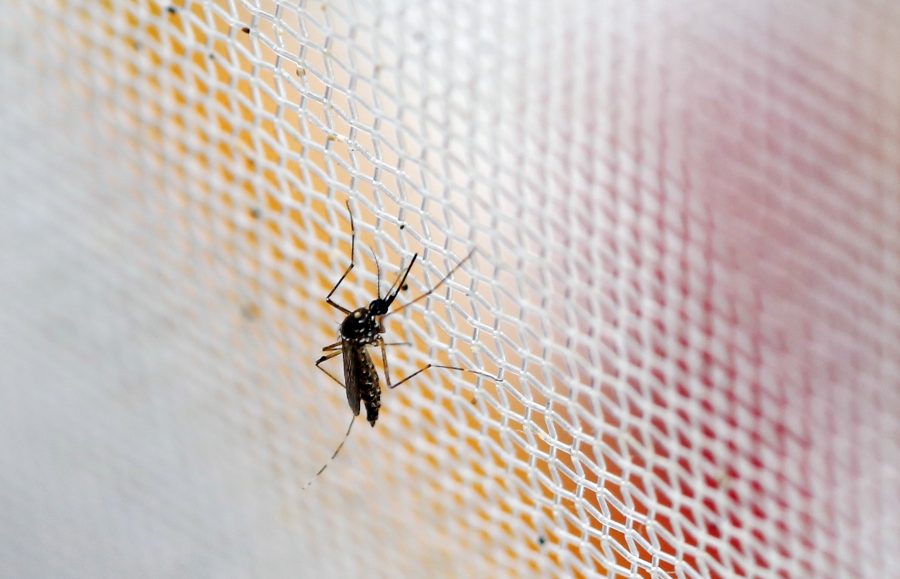Zika virus here to stay in U.S.
Photo provided by Google Public Use
The Zika virus is rapidly spreading into the U.S. through mosquito bites, forcing scientists to search for a cure.
October 27, 2016
The Zika virus, a disease spread by mosquito bites, broke out across Latin America this past year, worrying many people, vacationers and citizen alike. Before now, Zika had not been much of an issue to the U.S., but that is changing.
As the spread of Zika is increasing daily in the U.S., researchers have been looking for answers and cures to combat the disease. The disheartening answer came Wednesday, Oct. 26 when the Center for Disease Control and Prevention (CDC) released a statement about how it is virtually uncontrollable.
“Zika and other diseases spread by (the Aedes aegypti mosquito) are really not controllable with current technologies,” said CDC Director Thomas Frieden. “We will see this become endemic in the hemisphere.”
Much like the U.S. is fighting the virus, Brazil and Colombia are fighting a huge epidemic as well. To do this, they are planning to release a swarm of millions of mosquitoes infected with a Wolbachia bug to fight it. Wolbachia bacteria is of no harm to humans but it aids in ending the spread of Zika in mosquitoes. The hope is that these Wolbachia infected mosquitoes will mate with Zika infected ones and stop transmission of Zika in Latin American countries.
The risk that Brazil and Colombia are taking by releasing other infected mosquitoes proves just how dire the situation is. Zika cases have been reported in 50 countries recently; Zika can cause birth defects, and it is also suspected to increase cases of Guillain-Barre Syndrome (GBS). According to Centers for Disease Control and Prevention, “GBS is an uncommon sickness of the nervous system in which a person’s own immune system damages the nerve cells, causing muscle weakness, and sometimes, paralysis.”
Scientists are working to find a cure to Zika soon in order to prevent it from spreading any further into the U.S.









